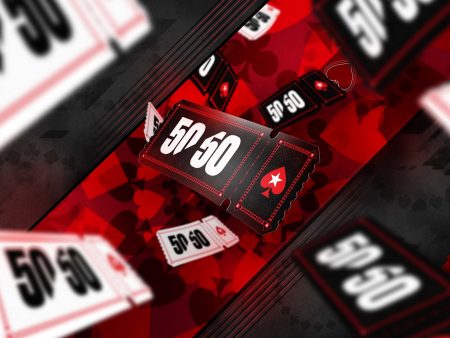

Ministers call for evidence on video games such as FIFA that charge money for rewards
Loot boxes – a controversial element of video games – could be reclassified as gambling products over concern they are training children to gamble.
The Department for Digital, Culture, Media and Sport will this week launch a call for evidence on the increasingly common feature of games such as the football franchise Fifa.
The move has been spurred by mounting concern that the mechanics of loot boxes are encouraging gambling-style behaviour among children, potentially leading them into addiction in later life.

Loot boxes allow players to spend money on in-game rewards such as special characters or equipment, without knowing what they will get.
Their value to the video games industry has been estimated at £23bn a year and rising, thanks to revenues that keep rolling in even after the initial purchase of the game.
If ministers opt to reclassify loot boxes, the decision would have a significant impact on game developers, who could be forced to withdraw some titles or redesign them so that they can be sold to people under 18.
Although they involve an element of chance, they are not covered by existing gambling legislation – and therefore not regulated by the Gambling Commission – because the items “won” are not considered to have monetary value.
However, the DCMS select committee heard evidence last year that loot box winnings can be easily exchanged for cash on third-party websites and that their use by game developers was likely to “facilitate profiting from problem gamblers”.
In a subsequent report, the influential committee advised that they should be considered gambling products.
“They are a virtually speculative commodity that only help to normalise and encourage young people to take a chance,” said the Labour MP Carolyn Harris, who chairs a cross-party group of MPs investigating gambling-related harm.
“All too often this will lead to youngsters developing an addiction to gambling.”
Loot boxes are already deemed gambling products in countries including Belgium, where some companies have had to pull their games from the market.
Research by academics at the University of York published last year found that loot boxes are increasingly prevalent, featuring in about 71% of the most popular titles on the gaming portal Steam, compared with 4% a decade ago.
The children’s commissioner for England, Anne Longfield, has expressed concern about the amount of money that children end up spending and the danger that they will keep feeding money in to get the items they want, like a gambler chasing losses.
Any change to how loot boxes are regulated could feature in a broader overhaul of gambling legislation, which was drawn up by Labour in 2005 and has been labelled unfit for the digital age by campaigners.









